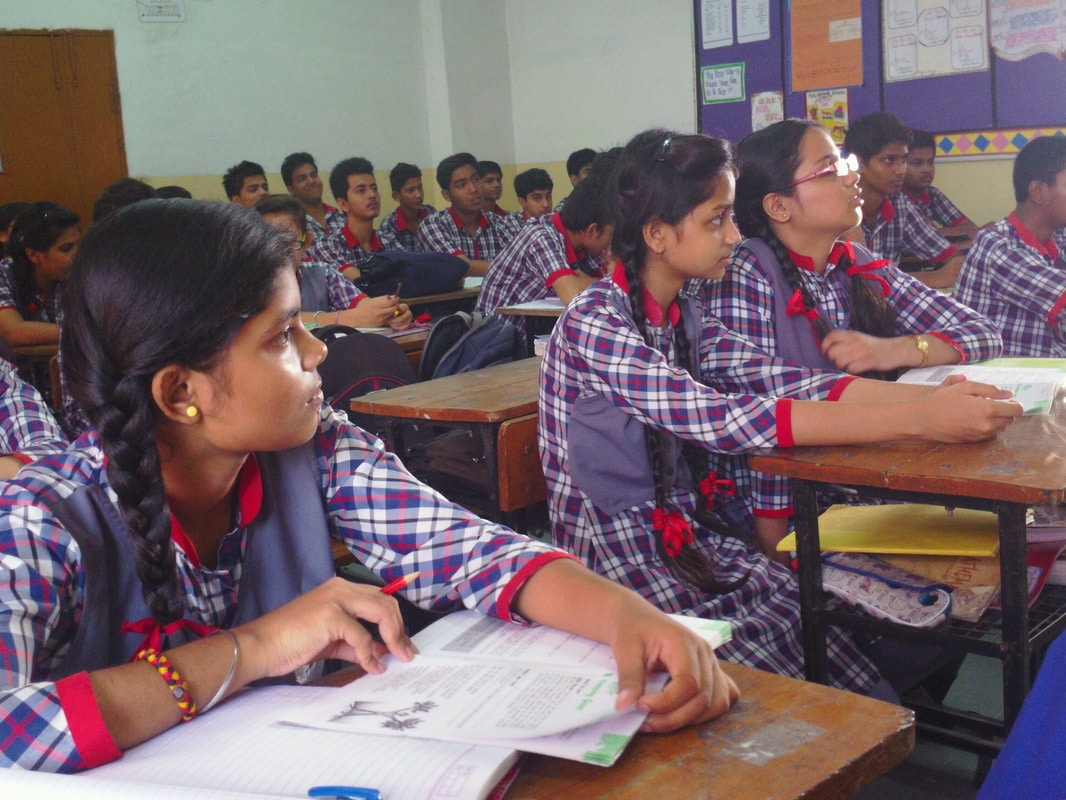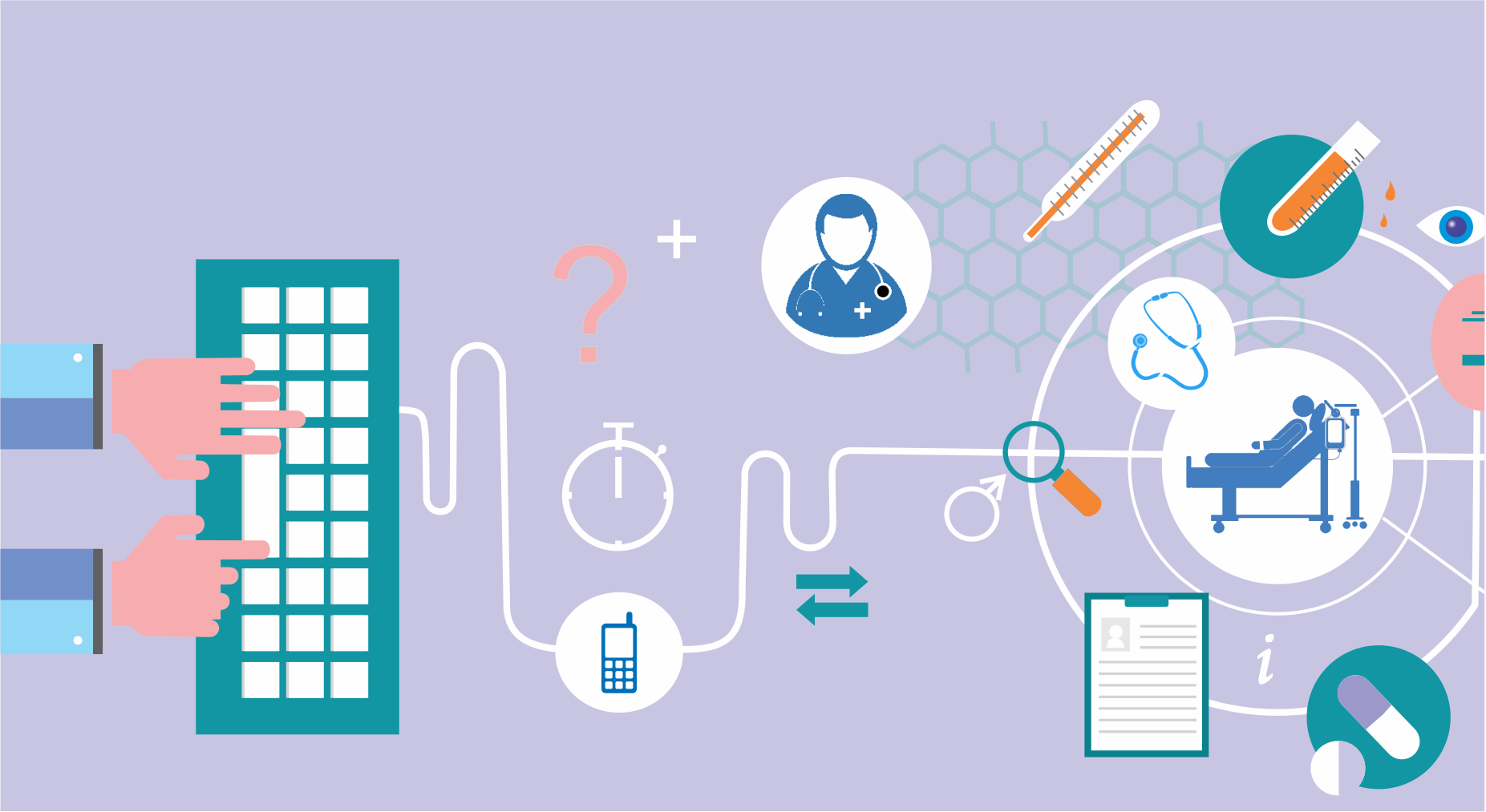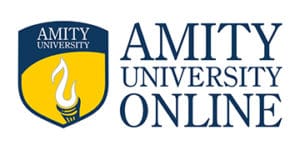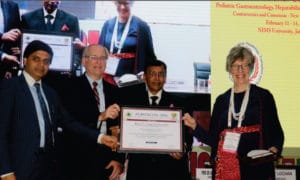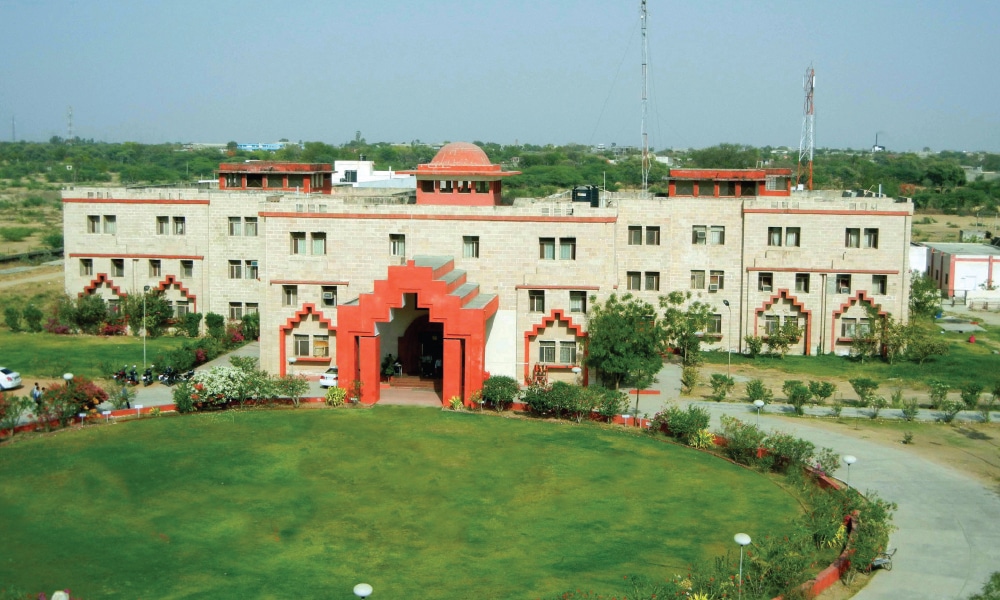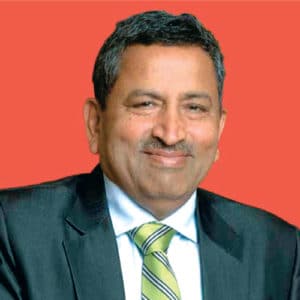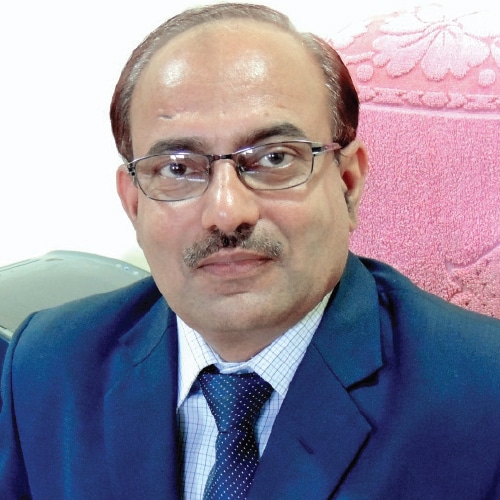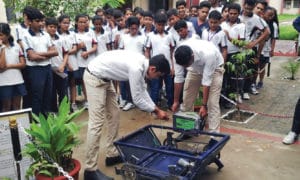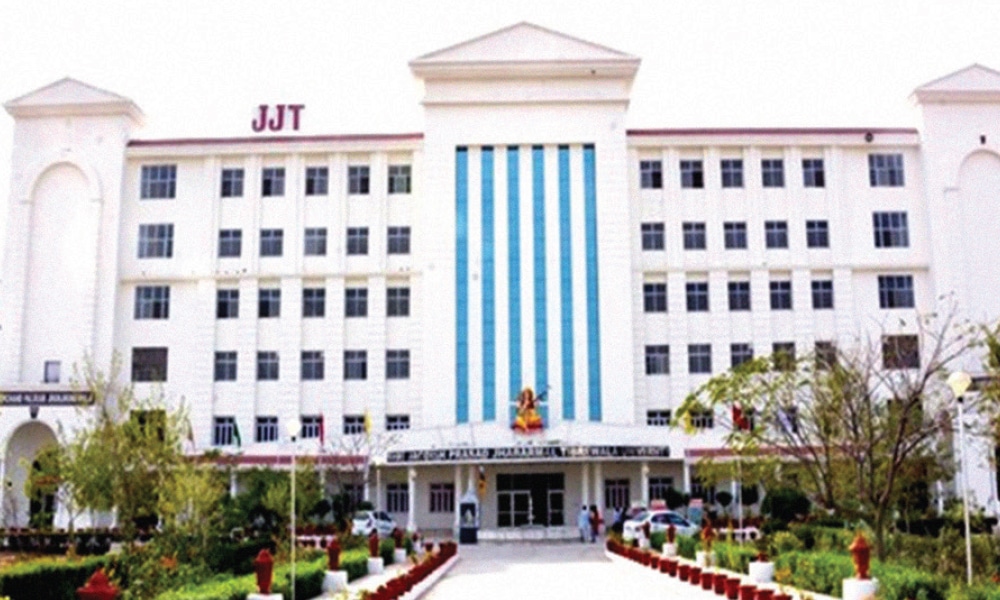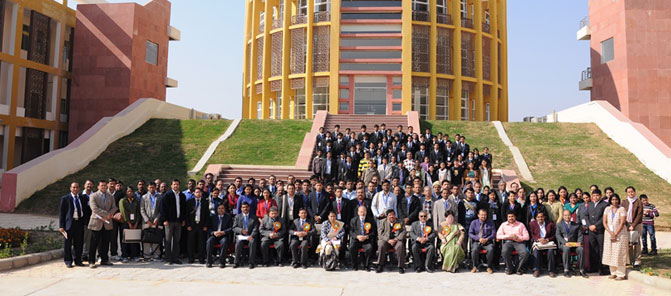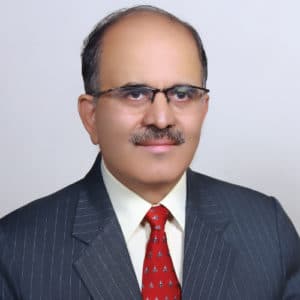When I was invited to write an article on Skill Development in India, I must confess that the first question I asked myself is if I am convinced that this initiative is indeed a value addition for our nation and not just another political plank to help create a positive agenda for a particular political party or government.
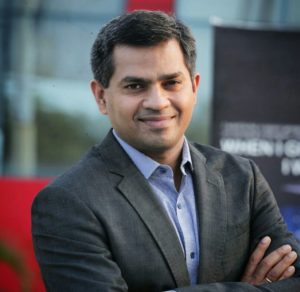 I started to do my own little checks and research on this more so with the common everyday hard working bread earning citizens of the country…the domestic help, the chauffeurs, the masons, construction workers, our longstanding house help at my mother’s home whose grown up son is now looking for a job and many more. I am more than convinced after some of these practical connects that if we do not take this initiative seriously as a citizen of this country, we are likely to reach a stage where the gap between the haves and have nots will widen and the number of youngsters who would be on the edge of anarchy due to frustration will be on the rise. India cannot afford a scenario such as that.
I started to do my own little checks and research on this more so with the common everyday hard working bread earning citizens of the country…the domestic help, the chauffeurs, the masons, construction workers, our longstanding house help at my mother’s home whose grown up son is now looking for a job and many more. I am more than convinced after some of these practical connects that if we do not take this initiative seriously as a citizen of this country, we are likely to reach a stage where the gap between the haves and have nots will widen and the number of youngsters who would be on the edge of anarchy due to frustration will be on the rise. India cannot afford a scenario such as that.
So, lets visit the Basics first – what is Skilling ? what is this initiative ? Why is the word starting to become a buzzword and why is there still a lack of conviction in mass propogating this initiative ? Here is a list of 5 points that will give an insight into this ecosystem :-
1. Multiple reports and findings by experts indicate that the number of Indians entering the job market in the coming years could far exceed the number of traditional jobs that exist in India. One of the reports released by the United Nations Development Program (UNDP) pegs the number at only 140 million jobs for more than 3 times increase in the working age population in the coming 5 to 7 years.
2. India continues to be challenged by High School Drop out rates, lack of formal vocational training, lack of capacity for skill training and lack of industry ready skills.
3. Most of the skills acquired by the youth are due to default option of not finding any other means to earn a livelihood and hence skill related labor starts to become a social stigma in society. The stigma alienates the citizens from one an other and the sheer lack of respect leads to wage labor unions and strikes and distrust.
4. India has only 2% of its population as skilled workforce as against 45% in china and 65 – 80% in countries like UK, Germany and Japan. Korea has 96% of its population trained in key skills.
5. Nearly 24 sectors need 119 million additional skilled workers – To quote Rajiv Pratap Rudy, the minister for skill development, many skilled work force are needed in Chemicals & Fertilizers, Pharmaceuticals, Steel & Mining, Coal, Power & Renewable Energy, Social Justice & Empowerment areas, Heavy Industries, Construction, Handloom etc.
With Make in India programs, emphasis on wider education delivery, focus on manufacturing and a population that will continue to be demographically inclined towards the youth, Skilling initiatives will be a core requirement to help sustain India’s growth engine amongst the faster developing economies of the world.
So what is the missing Link ?
Communication & Awareness – How many of us are aware that there is an Annual World Skill contest that happens every year in one of the countries ? Do you know Saudi Arabia is conducting one in Year 2017 ? Do you know if India is sending a contingent to pit our skilled workforce against the world’s best ? Do you think it will be good for a us to cheer India in this area just as we do for other sports ?
Start Early – Let us accept some realities. In government schools where the failure rate is high and drop outs happen quite often, the reality is that not all of the 50 to 60 children of the class will break out to become engineers and doctors and chartered accountants and Bankers. There will be a high percentage of the class that will fall by the way side and when they finally pass out or drop out and realise that the big wide world out there will not absorb them into certain jobs , they tend to take up skilling as a Default Option and NOT by design – it is high time that we provide inputs at an early stage in school to enable skilling expertise in time and get them better prepared than face a rude shock later.
Industry needs Plug & Play workforce – The industry does not have the resources or the financial strength to train their workforce over 3 months to make them ready for the jobs that they have been taken for. Give them a Ready to Work workforce and they will lap it up. The whole concept of Identifying – Training & Placement therefore becomes a complete circle and a win win for both the employer and the potential employee who undergoes active skill training.
Combine Skilling with Soft Skill training – Have you imagined a future world of electricians, beauticians, counter manning employees, welders, plumbers and so on who would be able to speak clear English, show high quality of service levels, will maintain high levels of hygiene and discipline ? This can be achieved if we start combining Skilling training with soft skills management at an early age and make this a course by choice and not by default.
Create Skill Ambassadors – How many of you have been reading the tweets of the Honorable minister for Skill Development ? Many of his tweets reflect success stories of many employees who have benefitted from skill development. Citizens of smaller towns, villages who have got gainfully employed with reputed industries. Why cannot we have these folks turn into Skill Ambassadors and pave the way to further increase awareness and communication of this program ?
I believe that if each of us citizens who have been far more privileged than many others genuinely try to peel the onion and try to recognize the void that exists in the Indian employment diaspora, we will automatically be convinced about the need for skill development and soon we will start having social conversations about this important topic with the same fervor as we do for topics such as Re Skilling of our much luckier and privileged IT Sector workforce.
The author of above article is Vinesh Menon, Chief Executive Officer, Education, Skilling and Consulting Services, Vibgyor Group. The views expressed here are of the author and do not necessarily represent or reflect the views of Digital Learning.
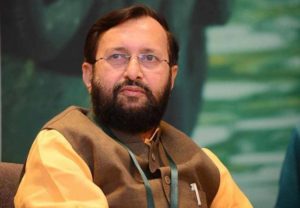 The use of technology is one the main objectives of “Swasth Bachche, Swasth Bharat’ Programme, an initiative of Kendriya Vidyalaya Sangathan aiming to prepare a physical health and fitness profile card for more than 12 lakhs of its students.
The use of technology is one the main objectives of “Swasth Bachche, Swasth Bharat’ Programme, an initiative of Kendriya Vidyalaya Sangathan aiming to prepare a physical health and fitness profile card for more than 12 lakhs of its students. 






